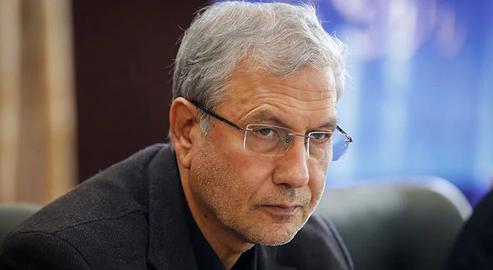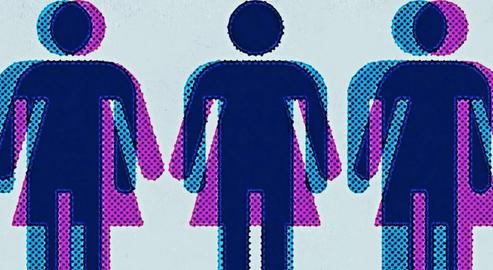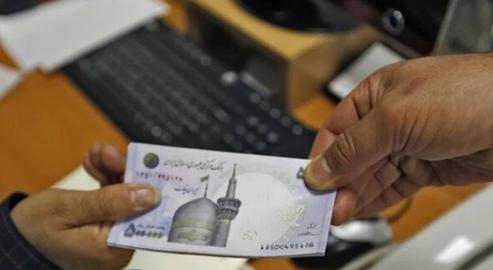It might appear at first glance that transgender people in Iran enjoy legal protection, because they can apply for a permit to undergo gender reassignment surgery. But despite the growth of social networks and greater media attention to trans and LGBT rights, the very difficult situation of trans Iranians within their families, society, and the legal system remains: especially so in a country in which securing one’s most basic human rights is not an easy task.
***
Government spokesperson Ali Rabiei has declared that transgender people who hold the necessary permits for surgery from the legal authorities and the court will be given a 10 million toman (US$400), low-interest loan to subsidize their treatment.
During the negotiations over this loan, the Tolou bi-Neshanha (Rise of the Anonymous) Society, which campaign on behalf of the socially disadvantaged and the homeless in Iran, also managed to secure employment permits to help trans Iranians who had been evicted from their homes and were sleeping rough. The Society says it creates job opportunities in tailoring, mask production and other trades for at least 50 socially disadvantaged trans people.
Last year, the Iranian government had also promised to open a center for trans people. "The problem of trans people is serious,” said Ali Rabiei at the time, “and we should not brand a group who want to change their gender with a label and stigma. Some of these people have a disease, and we have to deal with them through the eyes of a sick person. Our plan is to treat these people, and we have tried so far to pay part of the cost of surgery and their gender reassignment."
This sounds hopeful at first glance – until we remember that trans people all experience their gender identity differently and not all will want to undergo corrective surgery. But in Iran, in order for their legal documents to match their gender identity, trans people first have to obtain permits from the court and legal authorities for hormone therapy and surgery to change the outward appearance of their genitals to female or male, which they must then undergo.
The use of the terms "treatment" and "patient" by the government spokesperson reflects the system's sickness-oriented view of transgender identity, which is leading to forced surgeries: so-called “unification”. It comes despite the latest World Health Organization Classification of Diseases having now removed gender dysphoria from its list of recognized illnesses.
Obtaining a permit is itself a very long and unpredictable process that has become more so in recent years, partly due to the caprices of judges, physicians, and medical psychiatrists. Even if a trans person is able to overcome barriers such as family opposition, community stigma and the legal labyrinth in order to do this, the next challenge is to find a specialist physician and meet the high cost of surgery.
In addition to the generally low quality of these surgeries in Iran, the high costs, which vary from city to city and doctor to doctor, also fluctuate greatly depending on whether they are performed in a private or public hospital. Many trans people are not financially supported by their families, and it is often impossible for them to find work. They are therefore often unable to pay for counseling sessions, let alone the court fees, hormone therapy or surgery they need.
The Welfare Organization's Center for Social Crisis Intervention is officially responsible for overseeing the situation of trans Iranians. Depending on the amount of funding it receives per year, the Organization can cover some of their procedures. But there is not enough money to go around, and trans Iranians’ experiences of services and grants from the Welfare Organization differs from province to province.
As long as the system's view of the LGBT community remains either criminal or morbid, and until the correct information on sexual and gender issues is provided by the media and the education system, these individuals will find no path toward acceptance in Iran. Financial aid is only a small part of the problem, and cannot cure their pain.
Related coverage:
LGBT Iranians Recount the Horrors of "Conversion Therapy"
The Saga of Trans and Gay Students in Iran
A Trans Woman's Memory of Harassment and Humiliation in Iran
visit the accountability section
In this section of Iran Wire, you can contact the officials and launch your campaign for various problems


























comments